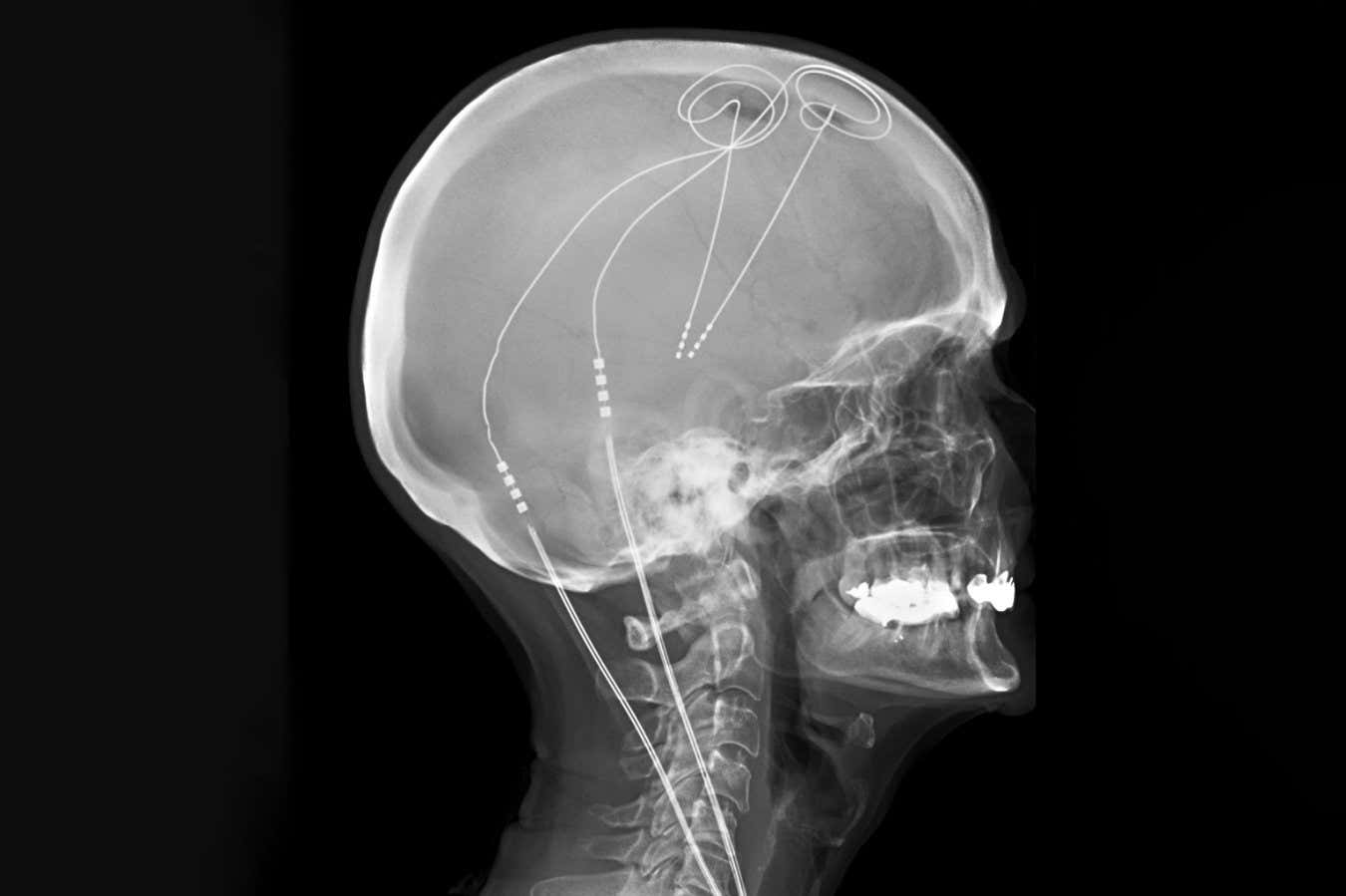Now Reading: Custom Brain Implant Offers Lasting Relief for Chronic Pain
-
01
Custom Brain Implant Offers Lasting Relief for Chronic Pain
Custom Brain Implant Offers Lasting Relief for Chronic Pain

Speedy Summary
- Researchers have developed a bespoke brain implant for chronic pain management that uses deep brain stimulation (DBS) tailored to individual brain activity.
- Traditional DBS treatments targeting the same brain areas have shown inconsistent results, prompting researchers at UCSF to explore personalized stimulation.
- Six participants underwent intracranial electroencephalography to identify optimal brain regions and stimulation frequency for pain relief.
- Machine learning algorithms personalized the implants to detect pain-specific electrical activity and deliver targeted stimulation only when needed.
- In trials, personalized DBS reduced daily pain intensity by 50% on average. participants reported enhanced physical function (e.g., increased step counts by 18%), fewer depressive symptoms, and improved quality of life over 3.5 years of follow-up.
- Adaptive rather than constant stimulation may prevent habituation, addressing a key limitation of traditional DBS methods.
- Researchers highlighted possible challenges in scaling this technique economically and indicated ongoing research into less invasive neuromodulation methods as critical next steps.
Indian Opinion Analysis
The customized approach in alleviating chronic pain through a bespoke brain implant underscores how technology can refine medical treatments that were previously limited or inconsistent in outcomes. For India,where access to advanced healthcare frequently enough remains unevenly distributed across rural and urban areas,developments such as this highlight not just technological promise but also challenges related to affordability and scalability.
Implementing such breakthroughs would require India’s health industry not only to innovate technically but also adapt for cost-efficient models suitable within its healthcare ecosystem-possibly through government-backed initiatives or public-private partnerships akin to those seen during other technological rollouts like telemedicine.The potential societal impact comes into sharper focus considering India’s growing burden of chronic illnesses-including pain-related disorders-which bring associated costs both financially and psychologically.
Moreover, while investments into adaptive neuromodulation technologies may be expensive upfront, longer-term benefits such as improved functionality among affected individuals hint at important reductions in associated disability costs or productivity losses-outcomes india could aim toward aligning with broader developmental goals under schemes like Make-in-India promoting biomed-tech sectors.




























